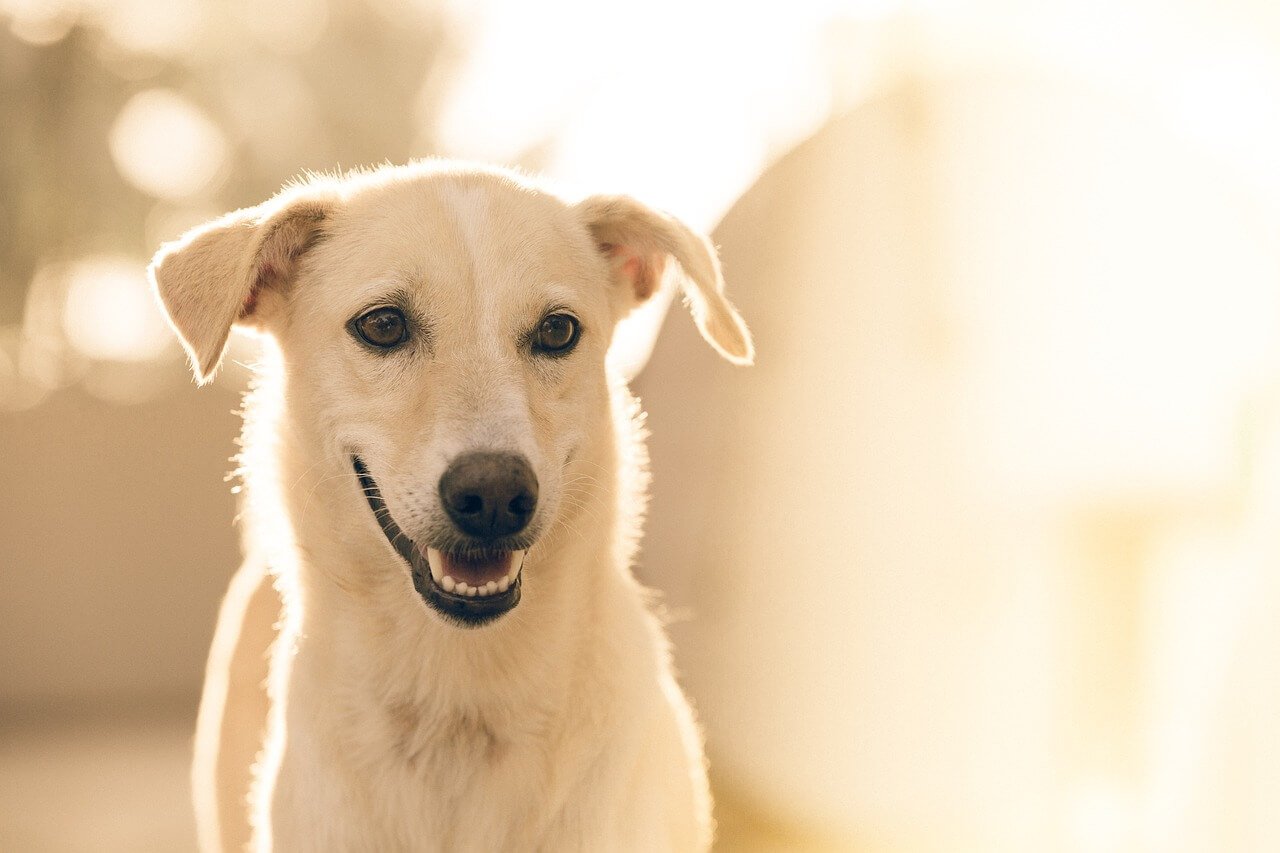Understanding Dog Pneumonia: Causes, Symptoms, and Treatment
Pneumonia in dogs is a serious respiratory condition that can affect canines of all ages and breeds. While it may not be as common as other health issues, pneumonia requires prompt attention to prevent complications and ensure your dog’s recovery. This condition occurs when the lungs become inflamed, often due to infections, irritants, or underlying health problems. Recognizing the signs early and understanding how to care for your dog during treatment are crucial steps in managing this illness effectively. In this guide, we’ll explore everything you need to know about dog pneumonia, from its causes and symptoms to prevention strategies and expert tips for supporting your furry friend through recovery.
Common Causes of Dog Pneumonia
Dog pneumonia can stem from various sources, each requiring different approaches to treatment and prevention. Understanding these causes helps pet owners minimize risks and respond appropriately when symptoms arise.
Bacterial Infections:
Bacteria such as Bordetella bronchiseptica are common culprits, especially in dogs exposed to crowded environments like kennels.Viral Infections:
Viruses like canine distemper or parainfluenza can weaken the respiratory system, making dogs more susceptible to pneumonia.Aspiration of Foreign Materials:
Inhalation of food, liquid, or vomit into the lungs can lead to aspiration pneumonia, particularly in dogs with swallowing difficulties.Fungal Infections:
Dogs in certain regions may develop pneumonia after inhaling fungal spores from soil or decaying organic matter.Immune System Weakness:
Senior dogs, puppies, or those with compromised immune systems are at higher risk of developing pneumonia due to their reduced ability to fight infections.
By identifying potential triggers, pet owners can take proactive measures to protect their dogs from this debilitating condition.

Signs and Symptoms of Dog Pneumonia
Recognizing the symptoms of dog pneumonia early can make a significant difference in your pet’s prognosis. Keep an eye out for these warning signs, which indicate your dog may need veterinary care.
Persistent Coughing:
A deep, hacking cough is one of the most noticeable symptoms of pneumonia in dogs.Difficulty Breathing:
Labored or rapid breathing suggests your dog is struggling to get enough oxygen.Lethargy and Weakness:
Dogs with pneumonia often appear unusually tired or unwilling to engage in normal activities.Nasal Discharge:
Thick, discolored mucus from the nose can signal an infection affecting the respiratory system.Loss of Appetite:
A sudden refusal to eat or drink is a red flag that something is wrong.
If your dog exhibits any combination of these symptoms, consult your veterinarian immediately to rule out pneumonia or begin treatment promptly.
Check this guide 👉Aspiration Pneumonia in Dogs: Best 7 Expert Tips!
Check this guide 👉Dog Pneumonia Symptoms: Best 7 Expert Tips!
Check this guide 👉Can Dogs Get Pneumonia from Humans? Best 7 Tips!
Preventive Measures for Dog Pneumonia | Treatment Options for Affected Dogs |
|---|---|
Vaccinate against respiratory diseases | Antibiotics for bacterial infections |
Avoid exposure to sick animals | Oxygen therapy for severe cases |
Provide clean air and ventilation | Nebulizer treatments to ease breathing |
Monitor for swallowing difficulties | Fluid therapy for dehydration |
Maintain a strong immune system | Rest and supportive care at home |
How to Care for a Dog Recovering from Pneumonia
Recovery from pneumonia requires ongoing care and attention to help your dog regain strength and avoid setbacks. Follow these guidelines to support your pet during their healing journey.
Keep Your Dog Comfortable:
Ensure your dog has a quiet, warm space to rest away from drafts or extreme temperatures.Encourage Hydration:
Offer fresh water frequently to keep your dog hydrated, as moisture aids in clearing lung congestion.Administer Medications as Directed:
Stick to your vet’s prescribed medication schedule, even if your dog seems to improve quickly.Limit Physical Activity:
Restrict exercise and playtime until your veterinarian confirms it’s safe to resume normal activity levels.Monitor Progress Closely:
Watch for improvements or worsening symptoms, and report any concerns to your vet immediately.
With consistent care and monitoring, most dogs recover fully from pneumonia and return to their happy, energetic selves.
Preventing Dog Pneumonia Through Lifestyle Changes
While some cases of pneumonia are unavoidable, many instances can be prevented with thoughtful lifestyle adjustments. These changes reduce the likelihood of respiratory issues and promote overall health.
Regular Veterinary Check-Ups:
Routine exams allow vets to detect and address potential health risks before they escalate.Maintain Proper Nutrition:
A balanced diet supports a strong immune system, helping your dog fend off infections.Avoid Exposure to Smoke and Pollutants:
Secondhand smoke and environmental toxins irritate the lungs and increase susceptibility to pneumonia.Practice Good Hygiene:
Regularly clean your dog’s living area and bedding to minimize exposure to harmful bacteria or fungi.Minimize Stressful Situations:
Chronic stress weakens the immune system, so creating a calm environment benefits your dog’s health.
Proactive measures significantly lower the risk of pneumonia, ensuring a healthier life for your beloved companion.
Common Misconceptions About Dog Pneumonia
Misunderstandings about dog pneumonia can delay treatment or lead to improper care. Clearing up these misconceptions ensures better outcomes for affected dogs.
Myth: Only Outdoor Dogs Get Pneumonia:
Indoor dogs are also at risk, especially if exposed to poor air quality or viral infections.Myth: Cough Suppressants Are Always Safe:
Suppressing a cough without addressing the underlying cause can worsen pneumonia.Myth: Pneumonia Only Affects Older Dogs:
Puppies and young dogs are equally vulnerable, particularly if their immune systems are underdeveloped.Myth: Antibiotics Cure All Types of Pneumonia:
Fungal or aspiration pneumonia requires different treatments beyond antibiotics.Myth: Once Treated, Pneumonia Won’t Recur:
Without addressing root causes, pneumonia can reoccur, highlighting the importance of follow-up care.
Dispelling these myths promotes accurate information and encourages responsible pet ownership.
The Role of Diet in Preventing Respiratory Issues
A nutritious diet plays a vital role in maintaining your dog’s respiratory health and reducing the risk of pneumonia. Here’s how proper nutrition contributes to overall wellness.
Boosting Immunity with Antioxidants:
Foods rich in antioxidants, like blueberries and spinach, strengthen the immune system to fight off infections.Omega-3 Fatty Acids for Lung Health:
Fish oil supplements or salmon-based diets reduce inflammation and support respiratory function.Hydration Through Wet Food:
Incorporating wet food increases moisture intake, preventing dryness in the respiratory tract.Avoiding Processed Ingredients:
Artificial additives and preservatives can irritate the lungs, so opt for natural, whole-food options.Balanced Protein Levels:
Adequate protein supports muscle repair and ensures energy for recovery from illnesses.
Feeding your dog a wholesome diet lays the foundation for long-term respiratory health.
When to Seek Emergency Veterinary Care
Knowing when to seek immediate help can save your dog’s life during a pneumonia episode. These scenarios warrant urgent action.
Severe Difficulty Breathing:
Rapid panting, open-mouthed breathing, or gasping indicates critical oxygen deprivation.Blue-Tinged Gums or Tongue:
Cyanosis, or bluish gums, signals insufficient oxygen reaching the bloodstream.Collapse or Unresponsiveness:
Sudden weakness or inability to stand requires immediate medical intervention.High Fever Over 103°F (39.4°C):
Elevated body temperature combined with lethargy points to a systemic infection.Refusal to Eat or Drink for 24 Hours:
Dehydration and malnutrition exacerbate pneumonia symptoms and demand urgent care.
Acting swiftly in emergencies ensures your dog receives the life-saving treatment they need.
Frequently Asked Questions About Dog Pneumonia
Is dog pneumonia contagious to other pets?
It depends on the cause. Bacterial or viral pneumonia can sometimes spread to other animals, so isolation may be necessary.
How long does it take for a dog to recover from pneumonia?
Recovery typically takes 2-4 weeks, but severe cases may require longer.
Can I give my dog over-the-counter cough medicine?
No, always consult your vet before giving any medication.
Are certain breeds more prone to pneumonia?
Brachycephalic breeds (e.g., Bulldogs, Pugs) are at higher risk due to their respiratory anatomy.
What should I do if my dog has trouble breathing?
Seek emergency veterinary care immediately; breathing difficulties can escalate quickly.
Supporting Your Dog Through Pneumonia Recovery
Dog pneumonia is a challenging condition, but with knowledge, vigilance, and compassion, you can navigate this health hurdle successfully. Early detection, proper treatment, and diligent aftercare are key to helping your dog overcome pneumonia and thrive once again. By taking preventive measures and staying informed, you can safeguard your pet’s well-being and enjoy countless happy, healthy years together. Remember, your dedication makes all the difference in your dog’s journey to recovery.
Do Cats Have Taste Buds? Best 7 Expert Tips! – Discover how cats experience flavors and why their taste is so unique.
Do Dogs Have Taste Buds? Best 7 Expert Tips! – Discover how dogs experience taste, their preferences, and what it means for their diet and health.
Can Cats Taste Sweet? Best 7 Expert Tips! – Discover why cats can’t taste sweetness, how it affects their diet, and tips to keep them healthy and happy.
Can Dogs Taste Sweet? Best 7 Expert Tips! – Discover how dogs perceive sweetness, which foods are safe, and tips to manage their sweet cravings responsibly.





